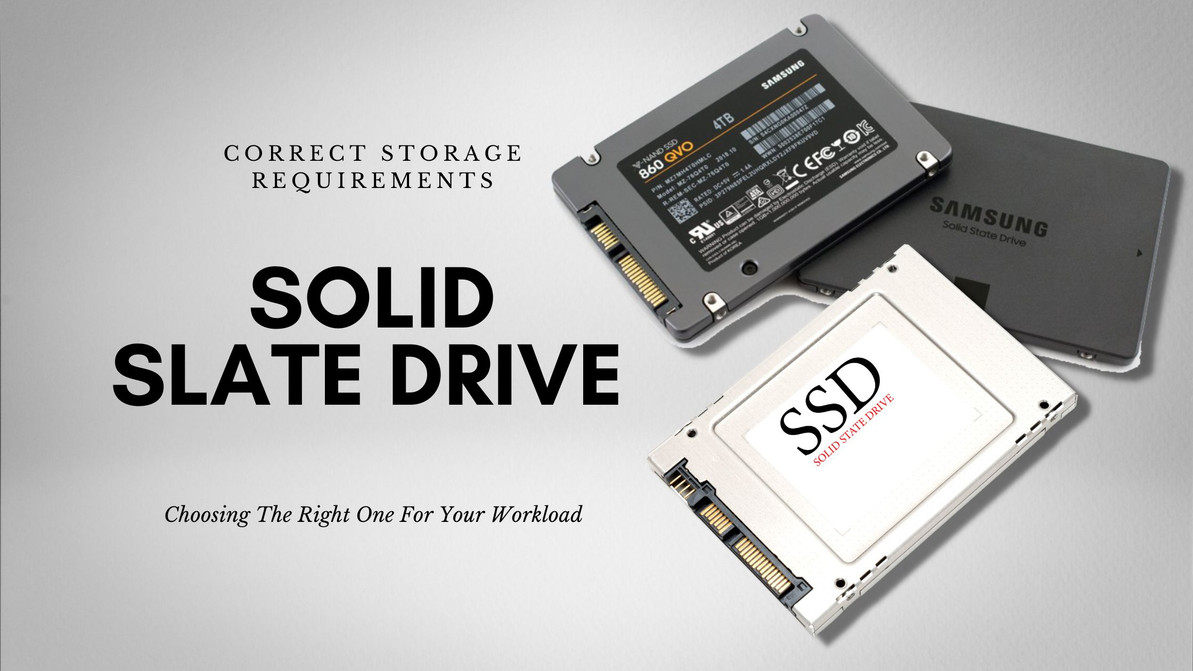
Solid State Drive or SSD is a newer generation storage device. The demand for more computing power and better performance has led to sleek, slim laptops and mobile devices. SSD uses flash memory to read and write data. Unlike hard disk drive (HDD), SSD doesn’t have moving parts which makes it fit in this category.
Advantages of SSD
SSDs provide many benefits, including faster performance, less wear and tear, and smaller size. They are also more durable than traditional hard disk drives and can save users more than 80 percent in total storage system energy requirements. Since SSD don’t contain any moving parts, SSDs are quiet and don’t generate a lot of heat and are less susceptible to damage if dropped. They also need less energy hence good for laptops in saving battery life.
However, when it comes to data recovery, traditional recovery methods simply do not work on SSDs. The limitations and challenges in SSD technology could cause companies problems if data is lost or compromised.
Data Loss and Recovery Implications for SSD’s

An SSD is made of several memory chips installed on a circuit board. The controller or processor is the key component of SSD which carries out the functions of read and write. The overall performance of the SSD is determined by this processor.
While SSD don’t wear down quickly, their electronic parts can still fail with age. When an SSD is damaged or fails, the results can be catastrophic. Like any hard drive, SSDs are susceptible to data loss through various means.
- Firmware Damage
- SSD Processor/Controller Failure
- Power Surge
- Virus/Malware Infection
- Bad Sectors/Bad Blocks
- Poor SSD design can lead to data corruption
Why Data Recovery on SSD Is More Difficult than that on HDD?
Like any other devices, data recovery is possible for SSD. However, the process is complex.
1. No Warnings before SSD Failure.
Before a hard disk drive fails, you will get some sort of sign –grinding and strange noises due to it moving parts, especially disk head. Unlike HDD, solid state drive is made from the electronic components, not containing any mechanical components. It doesn’t give much warning before it fails. Hence, generally, you’ll realize its failure when it totally doesn’t work any longer. At that time, recovering data will even more difficult.
2. More Difficult to Locate Data on SSD
SSD store data more complexly. To block flash chip from wear and tear, the location of data stored is always changing. Therefore, in data recovery, it is more difficult to locate the data on solid state drive.
3. TRIM Feature Make Recovery Harder
Moreover, today, most solid-state drive always comes with TRIM feature enabled automatically. So-called TRIM will automatically and immediately clear the data when it gets deleted, no matter intentionally or accidentally. When you delete any files by mistake, TRIM will tend to erase it at once. In this respect, unquestionably, data recovery on solid state drive is much harder.
Best Practices to Avoid Data Loss
Data Recovery is a complicated process that can cost time and money. Consider implementing the following best practices to protect your SSD’s performance and data retention.
1.Monitor SSD Health by tracking its temperature and performance. User can download such programs from internet designed to track the health.
2.While investing in SSD, choose the one which comes with S.M.A.R.T. option (Self-Monitoring, Analysis, and Reporting Technology) that warns users of potential failure and prompts them to take preventive measures.
3.Have a backup strategy. Backup the data regularly and routinely, even if your SSD was purchased recently and appears to be in good health.
At Circuit Blue-The Data Recovery Experts, we are constantly developing our SSD data recovery capabilities to meet our customers data recovery needs.
For any support and guidance regarding the above information please reach out to Circuit Blue-The Data Recovery Experts
@09962000271, @09962000270, @09962000273
Email:- info@circuitblue.in